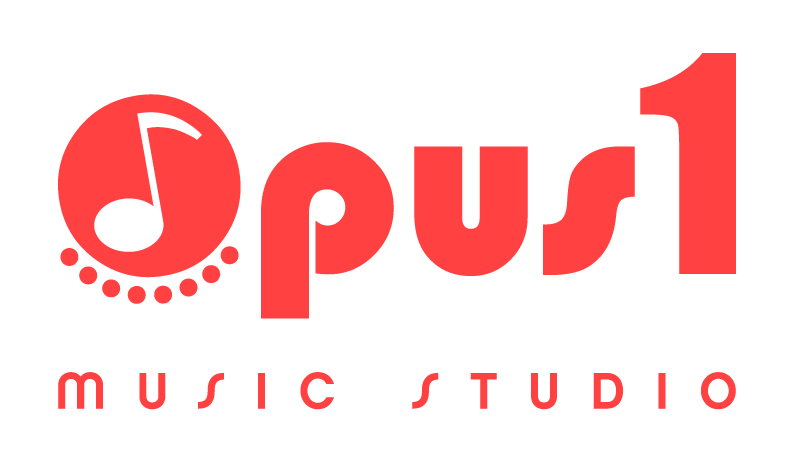Hi Yuri, thank you for taking the time to be part of our Faculty Spotlight! You’ve been with us now at Opus 1 for over a year and been teaching both private piano lessons as well as teaching group classes. How does teaching private lesson students compare to teaching group class students?
Private students are older and they can focus longer; most of their parents are very serious to help their kids finish their weekly homework. When I teach private lessons, I will create goals that can motivate them to practice. For more advanced students, private attention is needed to work on micro issues such as fingering, as well as finer points of expression and interpretation.
On the other side, group class students are younger. But it’s a good way to start their music adventure in group lessons which offer plenty of time for varied activities, let the students enjoy music and learn some basic music knowledge.
What advice do you have for students who’ve finished group classes and would like to start private lessons?
Progress is almost always faster in a private lesson than in a group lesson. Private lessons focus on the individual’s strengths and weaknesses. Piano is a complex activity requiring learning by ear, eye, touch, and intellectual understanding. Each student combines these elements differently. After group classes, students and parents feel more comfortable in private lessons. A main difference is that students need more practice than the group lessons. Young kids might feel frustrated when they practice a new song. In this case, parents will play an important role. Be more patient to your kids!
Before joining us at Opus 1, you earned degrees in piano performance in both China and the US. You studied at Xinghai Conservatory of Music in Gunagzhou before studying piano performance at the San Francisco Conservatory of Music. What differences and similarities did you notice studying piano at these different schools?
I earned my Bachelor degree at Xinghai Conservatory of music, China. My teachers from China all presented different perspectives on teaching from hand-shape to learning environment, and specific ideas about teaching methods. Their ideas, while similar in some cases, are all unique and impressive, bringing up very important points in piano lessons for children. And I was so lucky to come to the United States and finish my Master degree at San Francisco Conservatory of Music. Having a US Piano teacher gave me two different points of view for piano teaching. This is very helpful both for teachers and students to consider in the process of piano study. They made some comparison between adults and children, and also compared materials from older times to more contemporary materials. Both contributed very valuable points of view for music educators to consider.
Every professional musician and teacher has their own inspiration for going into music. Can you share what inspired you to pursue music in your own life?
I fell in love with music as a young kid. I chose to pursue music so that I could share its beauty and my own passion with others. When I was young, all my friends began to learn an instrument, most of them just pick an electric keyboard. But my parents decided to buy a piano as a gift for me. It’s a huge instrument and I fell in love to explore the piano. And piano and music become a part of my life that I can’t give up!
Recitals are quickly approaching. What recommendations do you have for our Opus 1 students to help prepare that you’ve used in your own practicing and preparation for a performance?
Before the recital, I will say, a speed slightly slower than the performance speed. This speed allows for accurate practice without picking up unexpected bad habits and creates a clear picture of the music in the mind. Also, try to practice musically. And if time allows, then set up a performance preparation routine. If you can, do a bit of advance work, looking through your teacher’s notes. That can help you further develop the particular skills you need and improve your performance!

